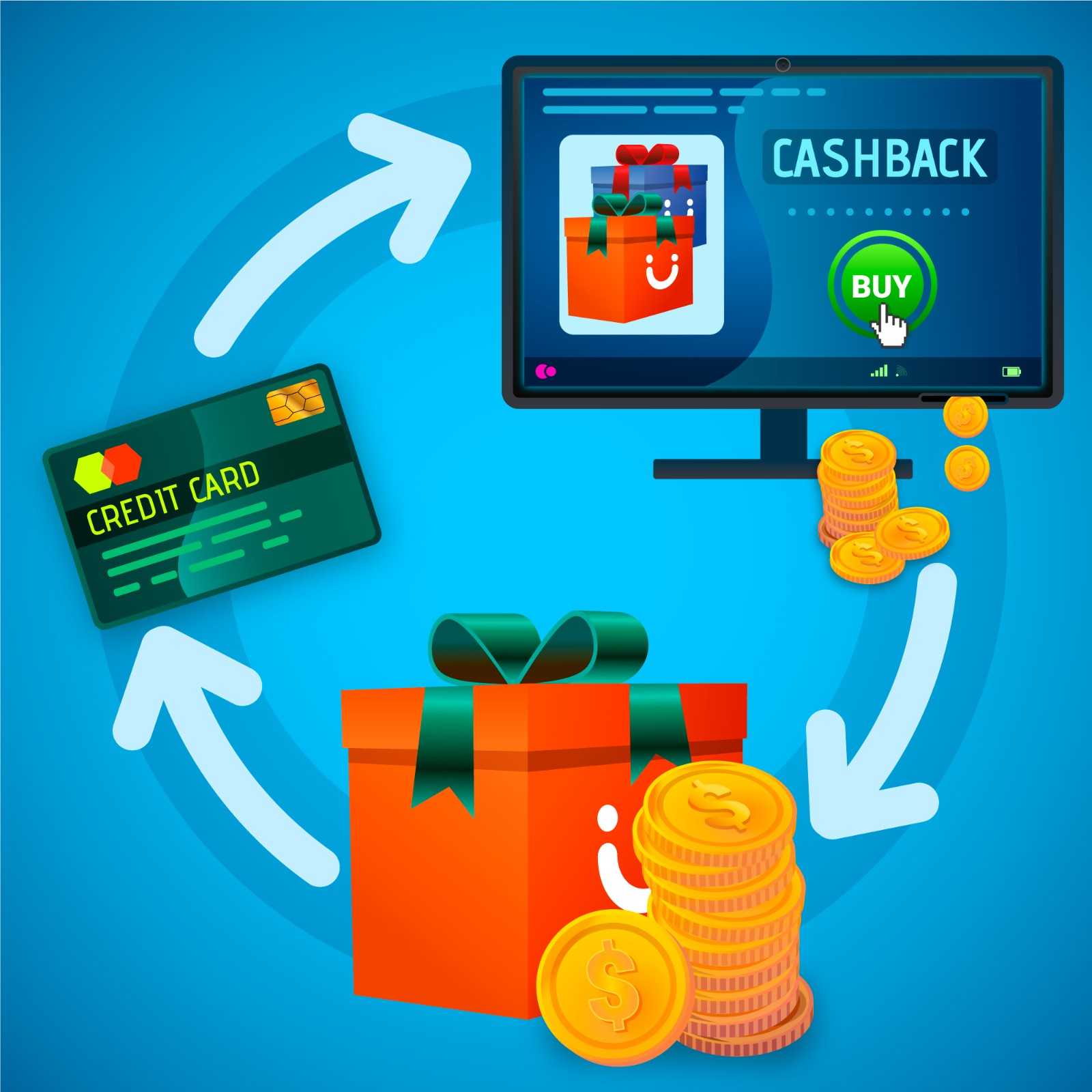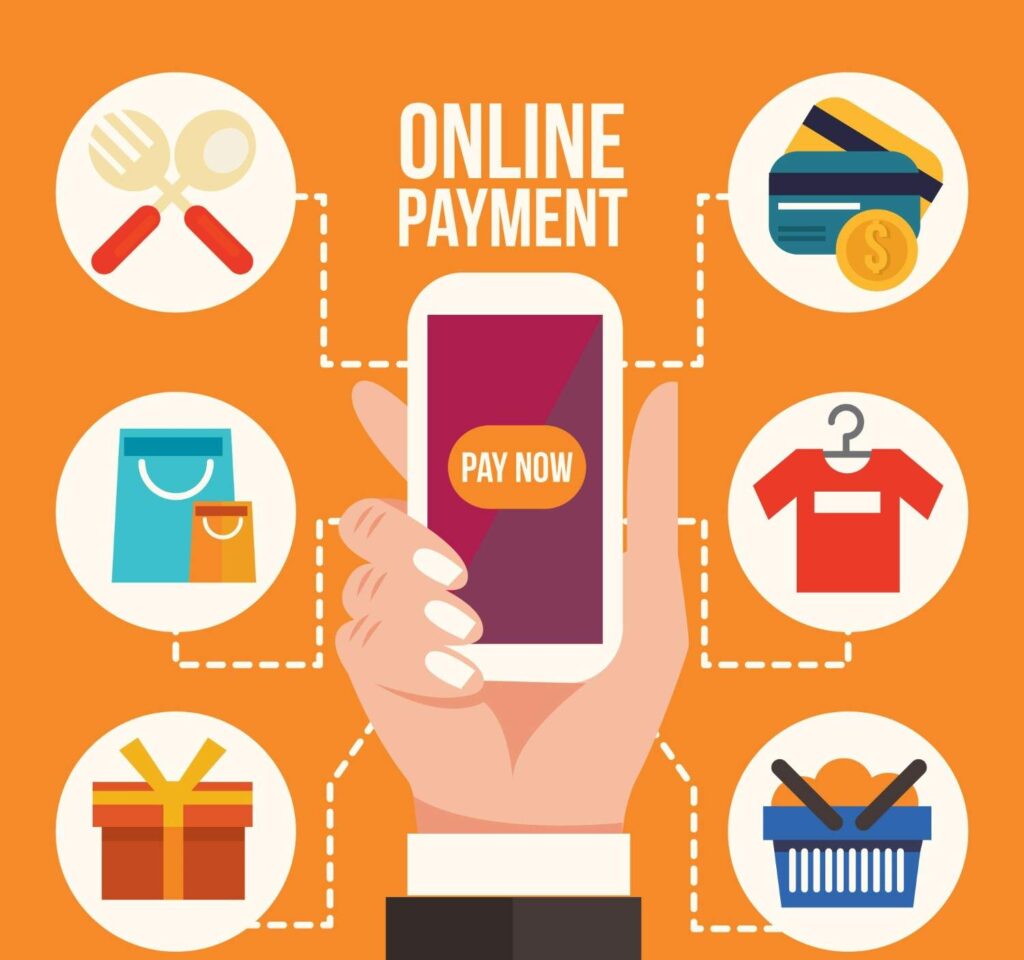
Merchant Payment Gateway
As businesses evolve with the digital world, one critical aspect to consider is the ability to process online transactions seamlessly. A Merchant Payment Gateway plays a pivotal role in bridging the gap between customers and businesses by facilitating secure payments. But what exactly is a merchant payment gateway, and why is it indispensable in today’s commerce environment?

What is a Merchant Payment Gateway?
At its core, a merchant payment gateway is a technology that allows businesses to accept debit and credit card payments from customers, either in-person or online. Think of it as the digital equivalent of a point-of-sale terminal in a physical store. The primary function is to securely transmit payment information from the customer to the merchant’s bank, and then send an authorization request to the customer’s bank or card issuer.
Definition and Functionality
In simple terms, a merchant payment gateway acts as the intermediary that securely transfers sensitive payment data between the customer, merchant, and banking systems. The gateway ensures that the transaction process is smooth and that all necessary security protocols are in place.
How Does a Merchant Payment Gateway Work?
When a customer clicks “buy” on your website, the merchant payment gateway takes over. It encrypts the customer’s payment information, sends it to the payment processor for approval, and then facilitates the transfer of funds to your merchant account. This process happens in mere seconds, but behind the scenes, several steps are ensuring that the transaction is secure and legitimate.
Importance of a Merchant Payment Gateway in Modern Business
For businesses, having a reliable merchant payment gateway isn’t just about processing payments it’s about ensuring a frictionless shopping experience for customers. In today’s competitive market, slow or unreliable payment systems can result in abandoned carts and lost revenue. A smooth payment process is crucial for customer retention and satisfaction.
Types of Merchant Payment Gateways
There are two primary types of merchant payment gateways, each suited to different business needs.
Hosted Payment Gateways
With a hosted payment gateway, customers are redirected to a payment processor’s page to enter their payment details. While this is a simple solution, it does take customers away from your site temporarily.
Integrated Payment Gateways
Integrated gateways keep the customer on your site throughout the payment process, offering a more seamless experience. However, they require more setup and maintenance but are ideal for larger businesses looking for a fully branded experience.
Merchant Payment Gateway vs. Merchant Payment Services
While the terms merchant payment gateway and merchant payment services are often used interchangeably, they serve slightly different functions. The gateway is a technology that handles the transmission of payment data, while merchant payment services encompass a broader range of financial services, including setting up your merchant account and handling payouts.
Key Features of a Merchant Payment Gateway
Security Features
Security is the cornerstone of any payment gateway. A reputable merchant payment gateway offers encryption, fraud detection, and tokenization to ensure that both merchants and customers are protected from fraud.
Multi-Currency Support
In a globalized economy, your business might cater to customers from various countries. A good merchant payment gateway should support multiple currencies, enabling you to expand your customer base internationally.
Benefits of Using a Merchant Payment Gateway
Faster Transactions
Speed is essential in e-commerce, and payment gateways facilitate rapid transactions. Customers can complete purchases within seconds, leading to higher satisfaction rates and fewer abandoned carts.
Enhanced Customer Experience
A streamlined payment experience is integral to customer satisfaction. Merchant payment gateways offer seamless integration with your website or app, making it easy for customers to complete their purchases.
The Role of Security in Merchant Payment Gateways
Encryption and Tokenization
Encryption ensures that payment data is securely transmitted, while tokenization replaces sensitive information with unique tokens, adding an extra layer of security. These are vital features that protect your business from data breaches and fraudulent transactions.
Choosing the Right Merchant Payment Gateway for Your Business
Factors to Consider
When selecting a merchant payment gateway, consider factors such as transaction fees, supported payment methods, security features, and ease of integration. It’s essential to choose a gateway that aligns with your business size and customer needs.
The Impact of Merchant Payment Gateways on E-commerce
For online businesses, a robust merchant payment gateway is indispensable. It simplifies the purchasing process, builds customer trust, and can even reduce cart abandonment rates by providing a reliable and secure checkout experience.
Merchant Payment Gateway Fees: What to Expect
Payment gateways typically charge a per-transaction fee, which can vary depending on the provider. Some may also have setup or monthly fees. Be sure to understand the cost structure before committing to a particular service.
Merchant Payment Services: A Complement to Your Gateway
Merchant payment services offer additional tools that complement your payment gateway. These can include customer support, financial reporting, and fraud detection systems that help you manage your payment ecosystem more efficiently.
Top Merchant Payment Gateway Providers in 2024
Some of the leading merchant payment gateway providers include PayPal, Stripe, Square, and Authorize.net. Each offers different features, so it’s important to evaluate which one suits your business needs.
Conclusion
A merchant payment gateway is an essential tool for businesses that want to offer secure and efficient payment options. Whether you’re running a small e-commerce store or a large enterprise, the right payment gateway can enhance your customer experience, improve transaction speed, and keep your data secure. By understanding its role and choosing the right provider, you’ll be well-equipped to grow your business in the digital age.












